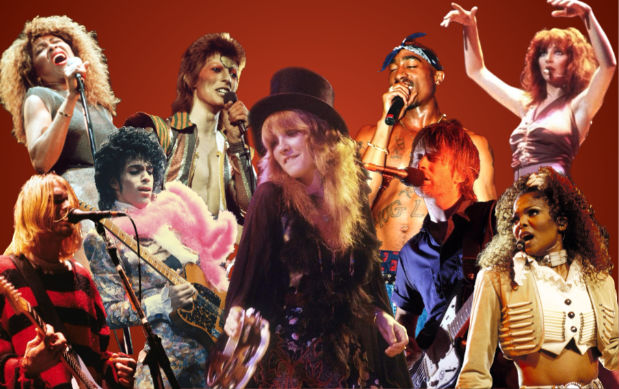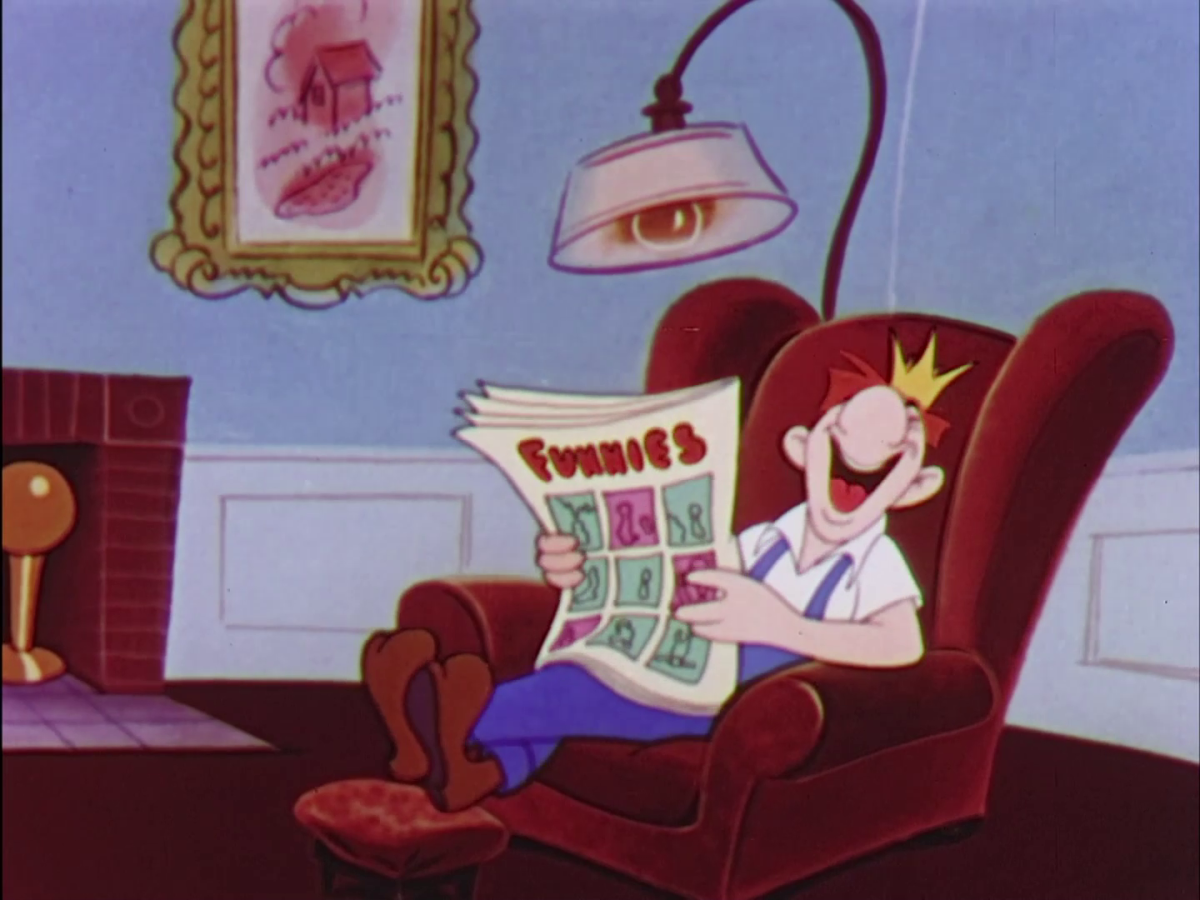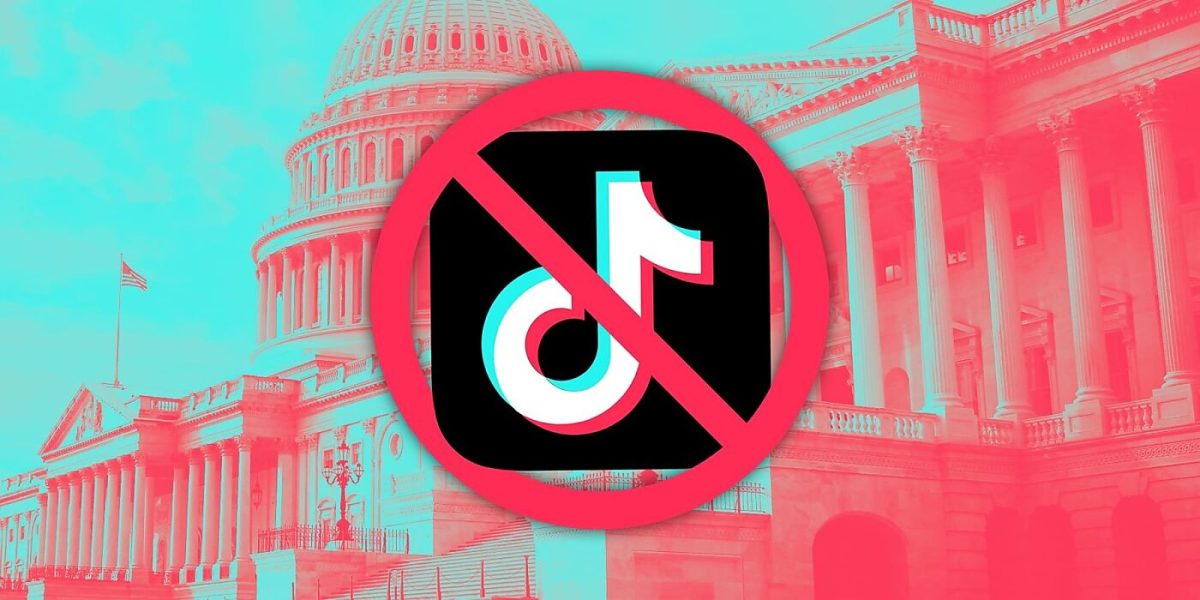This November, The Rock & Roll Hall of Fame (RRHOF) will welcome its new batch of inductees: Kate Bush, George Michael, Missy Elliott, Willie Nelson, and Rage Against the Machine, among others will join the ranks of Rock’s greatest artists.
Kind of a weird group, right? While these inductees are all influential throughout a variety of music genres, very few of them fit the perception of what “rock & roll” is to most people. If you asked someone what their favorite rock song was, “Get Ur Freak On” and “Careless Whisper” most likely wouldn’t come to mind.
Last year’s class was arguably even weirder: Eminem, Dolly Parton, Duran Duran, Eurythmics, Lionel Richie, and Carly Simon were inducted, leaving many confused about how a country superstar, a world-famous rapper, two new wave bands, a forgotten pop star, and a singer/songwriter who is primarily remembered for only one song were chosen as the best representation of rock music. The most confused person during last year’s induction was Dolly Parton herself, who originally rejected the nomination, saying that she didn’t fit the mold of what rock and roll is. This seemingly undermines what the Rock & Roll Hall of Fame means to most people and reduces its significance.
The Rock and Roll Hall of Fame was created in the mid-1980s to preserve the icons and history of rock music for future generations. An artist getting inducted means that they’ve had a large influence on the development of rock music, which was by far the dominant genre at the time. Any artist could get a nomination, the only requirement being that their first record had to be released at least twenty-five years ago. This year barrier makes it so a potential nominee is picked based on their legacy and impact rather than their success or acclaim at the time.
The HOF’s first classes of inductees feature the essential artists in rock music’s creation as well as important soul musicians, such as Chuck Berry, Elvis Presley, Aretha Franklin, Sam Cooke, and Little Richard. As the years progressed, more rock artists and bands were added. Given the massive success of rock music worldwide, the Hall of Fame would have a large selection of artists to choose from for decades. However, as other genres of music began to gain more cultural prominence, namely rap, R&B, dance, and electronic music, the relevance of rock music began to decline. The idea that the Rock and Roll Hall of Fame would preserve the history of all music culture became outdated when rap and pop began to dethrone rock in popularity.
Now that the innovators of modern music are found in rap, dance, pop, and electronic music, the RRHOF has begun to add the greats of those genres (well at least most of those greats). Recent classes have added pop stars like Janet Jackson and Whitney Houston, as well as rap artists such as Tupac Shakur, The Notorious BIG, and N.W.A.. While it is essential to acknowledge the achievements of other music communities, I think this new trend of adding new genres, along with other inherent problems with the Rock Hall’s function, may cause some issues.
The first issue with the Rock Hall has to do with its inherent structure. Though the twenty-five-year rule makes sense for actually gauging an artist’s impact, it can be perceived as one of the hall’s substantial issues. If the purpose of the hall is to document the history of rock music and its derivatives, then it doesn’t make sense to celebrate them years after the fact. For example, though hip-hop has been one of the most culturally relevant genres since its inception in the late 1970s, only recently has the RRHOF begun to acknowledge the pioneers and stars of the genre. Not to mention the fact that there are barely any electronic artists at all.
Secondly, the more people you let in, the less achievement becoming an RRHOF inductee becomes. As of October 2023, there are 365 performers in the hall. If you scroll through the inductee list, I guarantee there will be many artists you’ve never heard of. Of course, that is inevitable with any list, but adding more people coupled with this trend of erasing genre lines will lessen the impact of joining the greats of rock music. Not to mention that adding performers from other genres will drive fans of rock music to lose respect for the institution.
In addition, allowing other genres to enter raises a question: What musicians shouldn’t be able to join? If we are basing artists on legacy alone irrespective of genre, then shouldn’t Cher, Brian Eno, Daft Punk, OutKast, Aphex Twin, D’angelo, and many others have been added years ago? If artists are inducted based on influence, why haven’t influential artists outside the Anglosphere like Nigeria’s Fela Kuti or Taiwan’s Teresa Teng joined the
Hall? Without any rules against other genres, could we see Drake, The Weeknd, or Ariana Grande inducted in the near future?
I think one of the key issues with the RRHOF is that people view it as the only important musical hall of fame. It has been proven year after year that the Rock Hall isn’t able to capture the essence of musical innovation since they are too focused on the dwindling era of rock’s dominance. To compensate, I suggest splitting the RRHOF into several halls for each major genre. Some other halls of fame have started like the Jazz HOF or the Hip-hop HOF, but none have gained any real traction due to the RRHOF’s dominance. There’s no reason why artists have to be squeezed into the Rock Hall just to gain respect in the music critic sphere. Plus, despite the fact they are beginning to add new genres, they are still reluctant to go full non-rock. This would allow all genres to have their own way of respecting their greatest performers without placing them under the label “rock and roll”. It would also prevent hundreds of artists from filling up one hall of fame, instead having the pioneers and greats of other genres make up smaller, more curated halls.
Though this idea would make a lot of sense, the chances of it happening are slim to none. In the Rock & Roll Hall of Fame’s eyes, there’s no reason to discontinue their traditions, even though they might be hurting their legacy more than they’re helping. Chances are, for at least the next few years, we will just have to wait every year to see what artists are now considered rock’s biggest icons.








Madison Klein • Oct 16, 2023 at 6:52 pm
I agree. Who could do that to Dolly. Jolene and 9-5 forever.